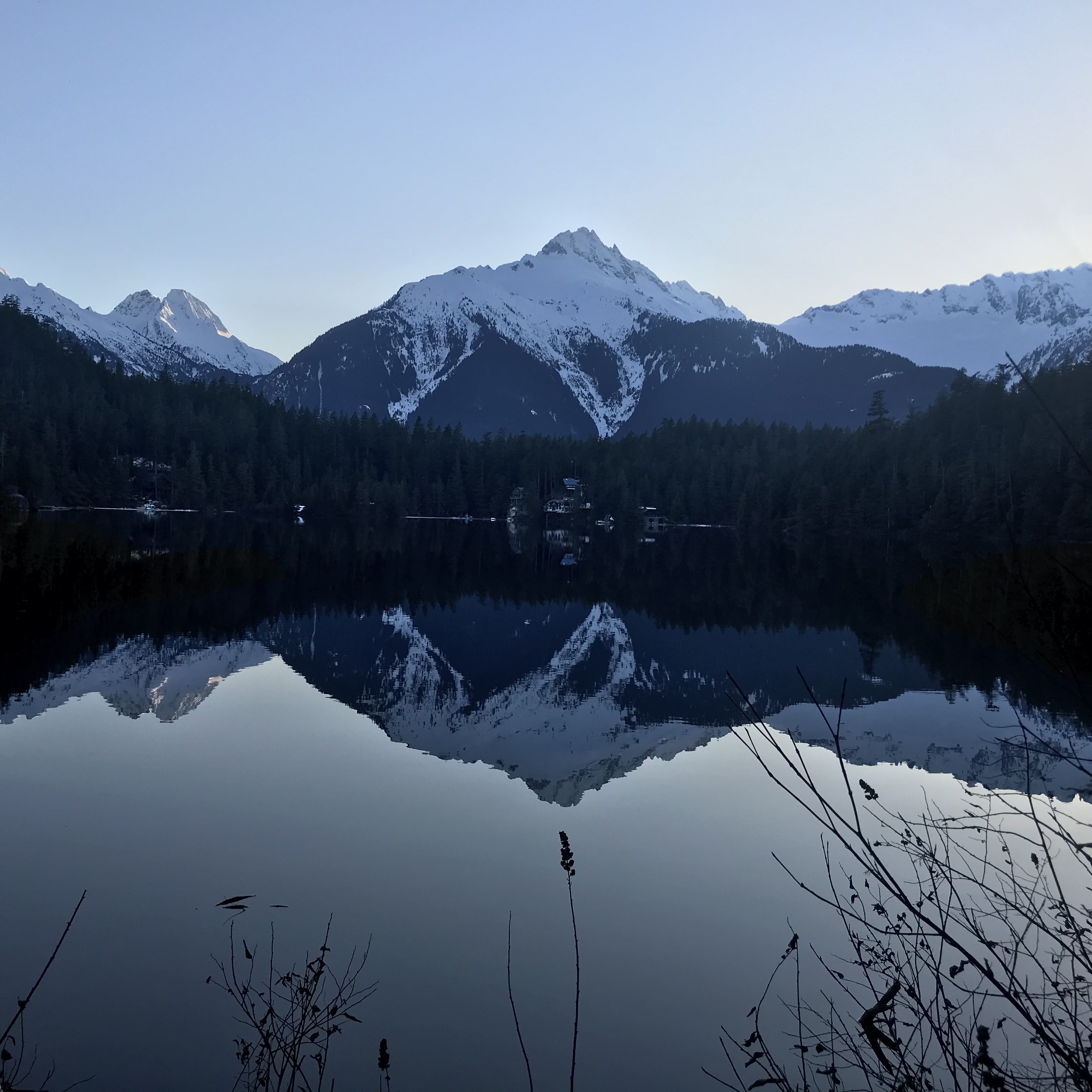This was an interesting and enjoyable read for me.
At first, I found it a bit difficult to get into, and was frustrated at my lack of knowledge of the geography of Paris which I felt would’ve aided in my understanding of Aragon’s musings of the city in the first twenty pages or so. However, once I got through that area and delved more into his endless poetic streams of consciousness, I found myself lost in what felt like his mind. I felt that I was walking the streets of Paris, seeing the buildings and characters that he saw.
The narrator, simultaneously the author, is delightfully amusing to read. At times he writes things that he most-likely would not be able to get away with were he to say them now, in the 21st century, but that’s almost what makes it entertaining. In this context they are, of course, only his thoughts. But if he were a man in front of me today calling women whores so casually, I’d be disgusted. His contempt for modernity is obvious very early on in the book, and carries on throughout its entirety.
In comparison with a regular “novel”, I found reading Paris Peasant very different. Rather than an obvious plot and constant scenes being painted in your mind in specific contexts, Aragon writes to you in what feels like lines of poetry. Multiple times throughout the book I felt that someone should be reading it aloud to me, but slowly, so that I could hear every phrase and conjure the image that coincides with it. I felt that there was so much meaning put into every sentence, this is a book I could continue to read over and over again and take away something different every time. Though he can be a bit crass, this book was written in a different period of time than we are living in today. I wonder if my classmates found Aragon as amusing as I did? Or was he slightly offputting?
The “duality of man” is referred to multiple times throughout the book. Aragon says “man”, but he really seems to be describing the duality of existence or life entirely. He describes masculinity and contrasts it with femininity, the “imagination” versus the “concrete”. The reality versus the abstract. At both the beginning and the ending of the book he writes “reality cannot exist without the absence of contradiction.” Well, doesn’t this sort of seem like a contradiction within itself? Reality, as he has thoroughly described in the avenues of his inner monologue, is a continuum of paradoxes. Contradictions, if you will. What stood out to me and what I myself have thought before, is that we are all walking paradoxes, to an extent. So how is reality the absence of contradiction? Isn’t reality solely a collection of contradictions? Perhaps this is precisely what he is describing.
I wonder, what does the “duality of man” mean to you? How would you define it? Do you agree that reality cannot exist without the absence of contradiction?

Leave a comment